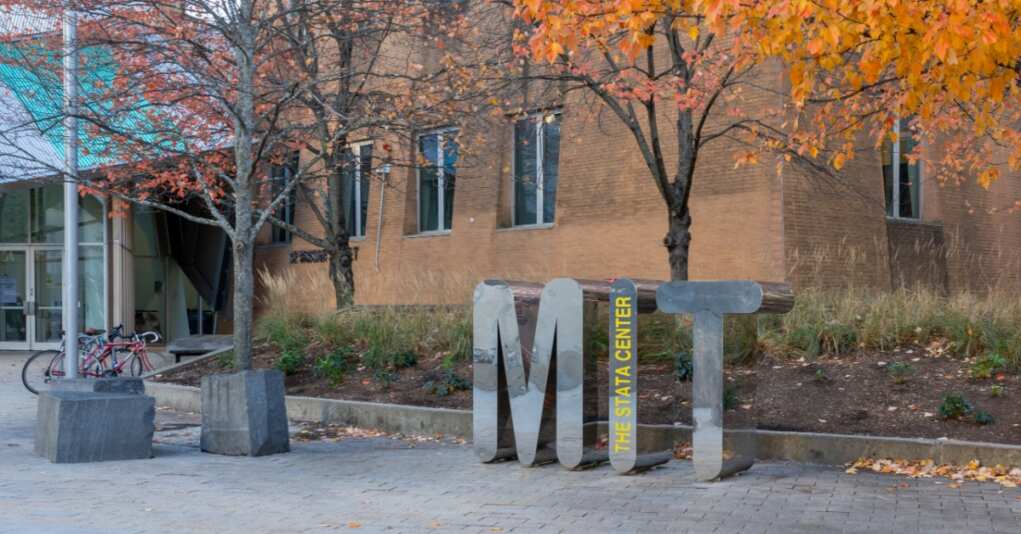MIT Accused of Coercing Jewish Grads to Sponsor Anti-Israel Activism

The President of the MIT (Massachusetts Institute of Technology), Sally Kornbluth, seems to be bucking the trend, holding onto her throne while her Ivy League peers are toppling like dominoes. This comes after a series of jaw-dropping testimonies before Congress, where they somehow suggested that advocating violence against Jewish individuals doesn’t automatically trip any campus code alarms—a stance that, unsurprisingly, didn’t win them any popularity contests.
However, MIT isn’t exactly in the clear just yet. Sure, they managed to wriggle off the Department of Education’s hook for Title VI violations—something about “shared ancestry”—but don’t pop the champagne! The shadow of Uncle Sam looms large with not one but two federal watchdogs. It seems like MIT’s handling of campus activism targeting Israel might still land them in hot water.
MIT itself is facing potential issues with multiple federal agencies regarding its handling of campus activism targeting Israel. MIT was recently removed from the Department of Education’s ongoing investigations for Title VI violations list despite ongoing concerns. There is a possibility that the institution will now be subjected to investigation by the NLR (National Labor Relations) Board as well as the Equal Employment Opportunity Commission (EEOC). These watchdogs may scrutinize the institution’s practices and policies related to labor and employment with the aim of ensuring compliance with relevant laws and regulations.
A complaint lodged by the National Right to Work Foundation (NRWF) alleges that MIT’s Graduate Student Union (GUS) is violating the law by using graduate student dues to fund anti-Israel activism despite their opt-out requests. The president of NRWF, Mark Mix, criticized the union for “flouting layers upon layers of federal law to compel students to fund their radical political agenda.” The complaint implicates MIT for its role in enforcing the union’s actions and continuing to collect dues.
Furthermore, NRWF represents several Jewish graduate students in an EEOC complaint against the Graduate Student Union and the United Electrical Workers (UEW). These students claim that their requests for religious accommodation to opt out of funding activities supporting anti-Semitic causes, such as the boycott, divestment, and sanctions movement, were denied.
In a separate case, UE settled a previous NLRB complaint brought by MIT Graduate Hillel President Will Sussman by agreeing to inform graduate students of their rights via email and posting a notice for 60 days under the Beck ruling. However, NRWF contends that GSU officials may be violating the terms of this settlement. “GSU officials appear to be violating the spirit if not the letter of that settlement,” NRWF announced in a new NLRB complaint on behalf of Katerina Boukin, a civil engineering student.
MIT is also under investigation by the House Education and the Workforce Committee for its response to incidents of anti-Semitism on campus.
Additionally, two Jewish students have filed a lawsuit against the university, alleging that it failed to adequately address threats against them following a terrorist attack on Israeli civilians in October 2023.
Records show that MIT’s Washington, D.C. director collaborated with the White House to remove provisions from legislation that would have increased federal scrutiny of large foreign donations to universities, particularly from countries hostile to Israel.
Boukin accused the GSU of compelling her to fund activities opposed to Israel and supportive of Marxist ideologies, which she finds deeply offensive. Boukin and other students resigned from the union and revoked their authorization for dues payments in response to what they perceived as its “political and non-representational agenda and expenditures.”
According to the complaint, the union refused to acknowledge members’ rights under the Beck ruling, including immediately reducing dues and fees and providing non-members with “an independent audit explaining the union’s expenses and reduced fee calculation.”
An official from the union cited a “window period” for exercising these rights, a stance echoed by the UE in a similar situation.






